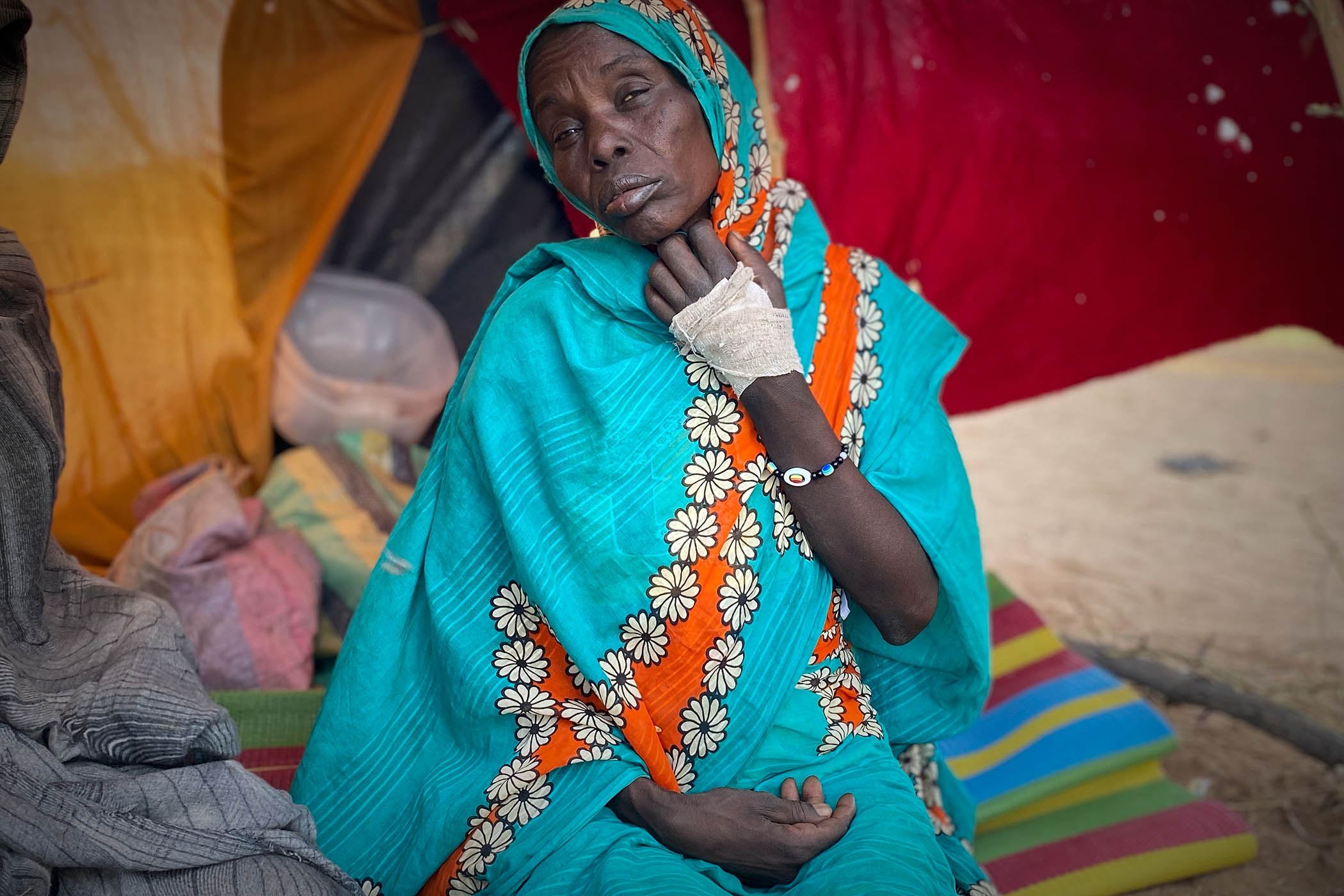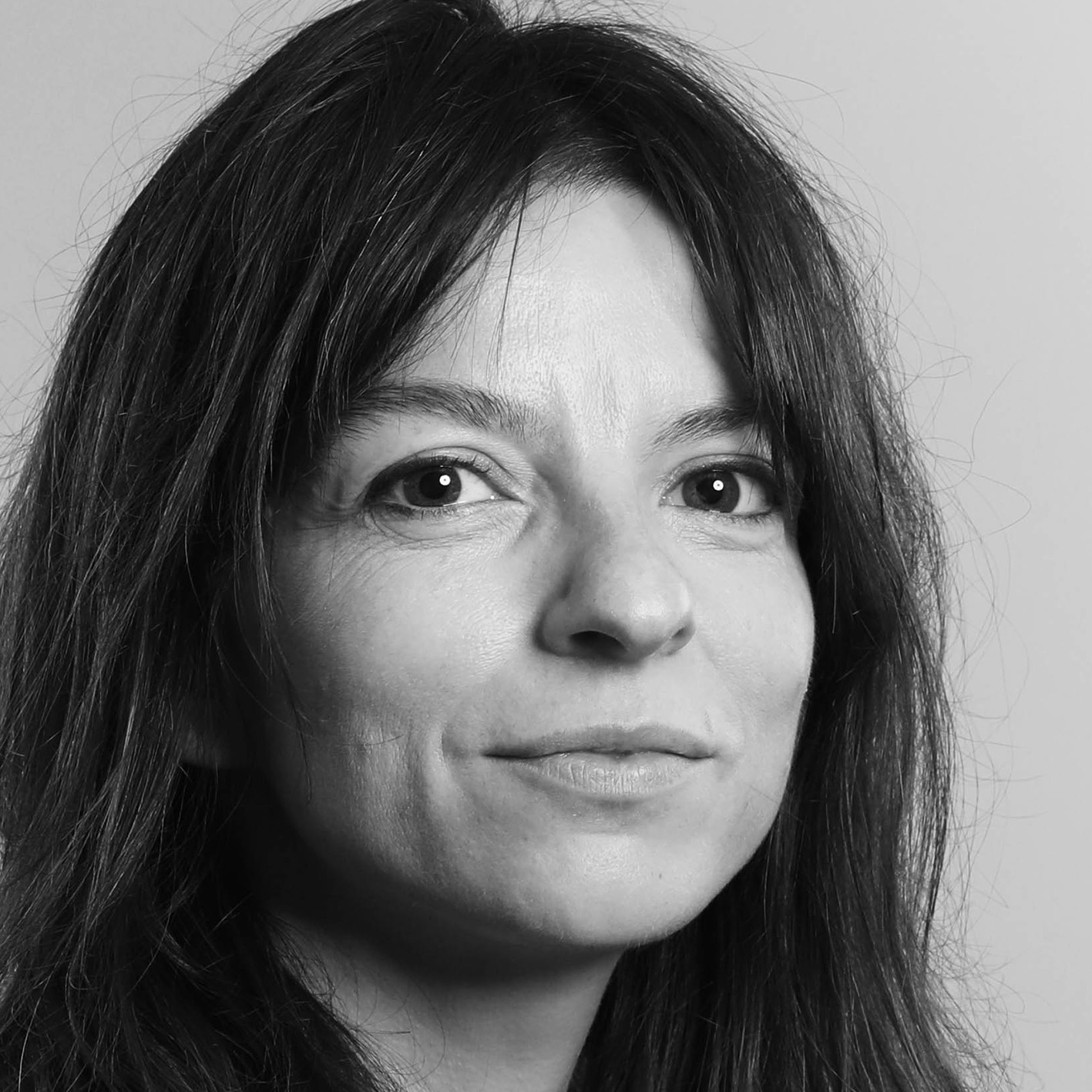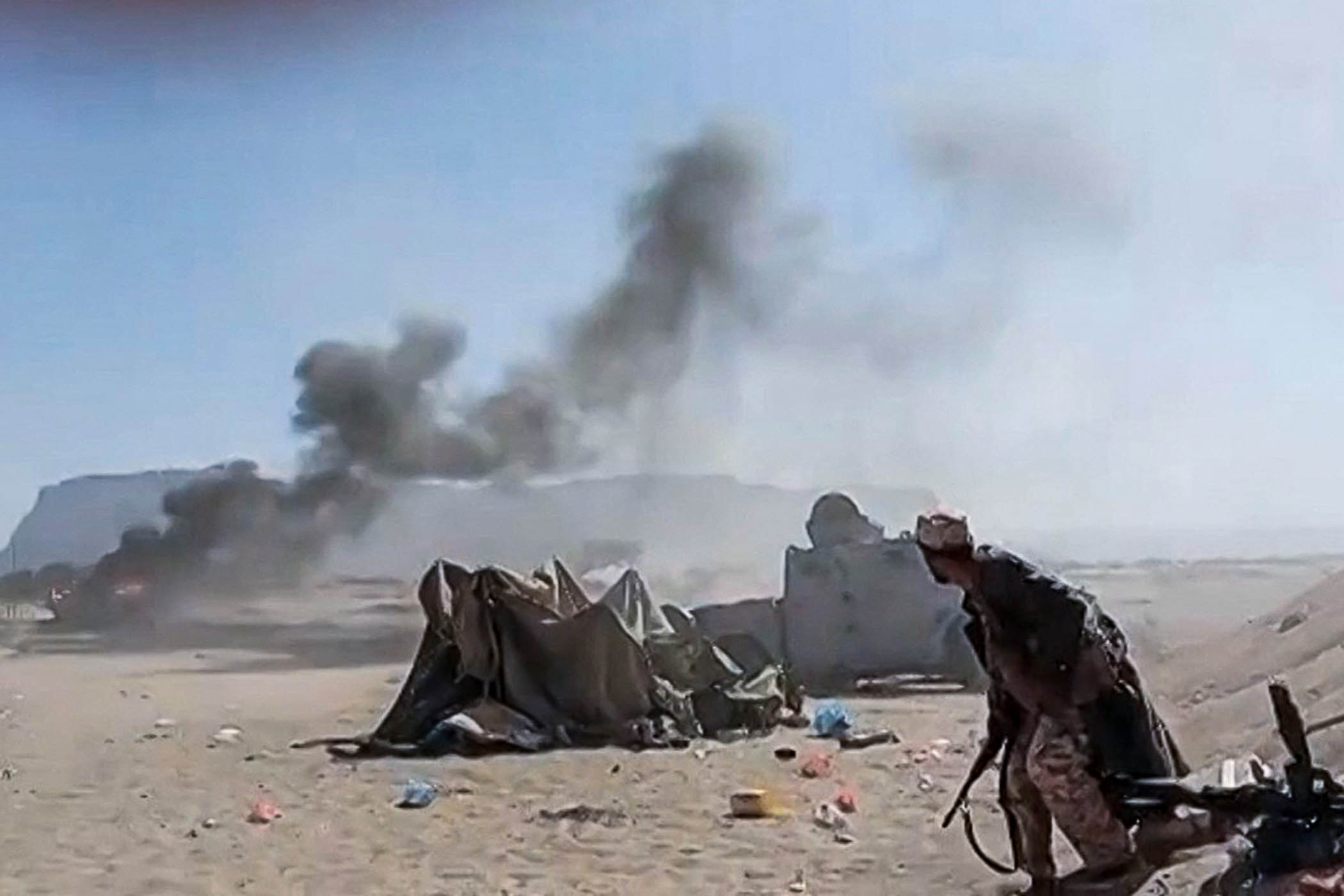Months after civil war broke out in Sudan in 2023, the United Arab Emirates opened a field hospital across the border in the arid eastern reaches of Chad. Cargo planes began landing in numbers at a nearby airstrip, delivering what the UAE said were humanitarian supplies.
But at least some of the cargo was bound for elsewhere on a different mission: to re-supply a paramilitary group fighting in Sudan.
Several times a week, weapons and ammunition shipments were unloaded from the planes arriving at Amdjarass airport and reloaded on to trucks, a UN panel of experts said, citing local leaders and armed groups. From there, small convoys escorted by an armed Land Cruiser made the 50km journey to the Sudanese border and handed the materiel over to the Rapid Support Forces (RSF). It was one part of what experts describe as a vast logistical network – spanning several African countries – that the UAE has built to prop up the RSF.
After an 18-month siege, the RSF overran the city of El Fasher last month, slaughtering thousands of people and shining an uncomfortable light on the UAE’s role in a conflict that had played out in the shadow of the war in Gaza.
“The UAE has built a kind of ring of fire around Sudan during the course of the war,” said Cameron Hudson, a former chief of staff to successive US presidential special envoys for Sudan. “They have kept the RSF in the fight. The war would have been over if not for this Herculean effort by the UAE.”
A UAE official said the country had consistently supported regional and international efforts to achieve a ceasefire, protect civilians and ensure accountability for violations committed by both sides in the conflict. "We categorically reject any claims of providing any form of support to either warring party since the onset of the civil war," the official said.
The Gulf Arab country has no troops on the ground in Sudan and the flights suspected of delivering equipment to the RSF are chartered aircraft, giving the UAE plausible deniability, analysts say.
“There is overwhelming evidence,” said Sudan’s ambassador to the UK, Babikir Elamin. “The RSF is a proxy for the UAE.”
Related articles:
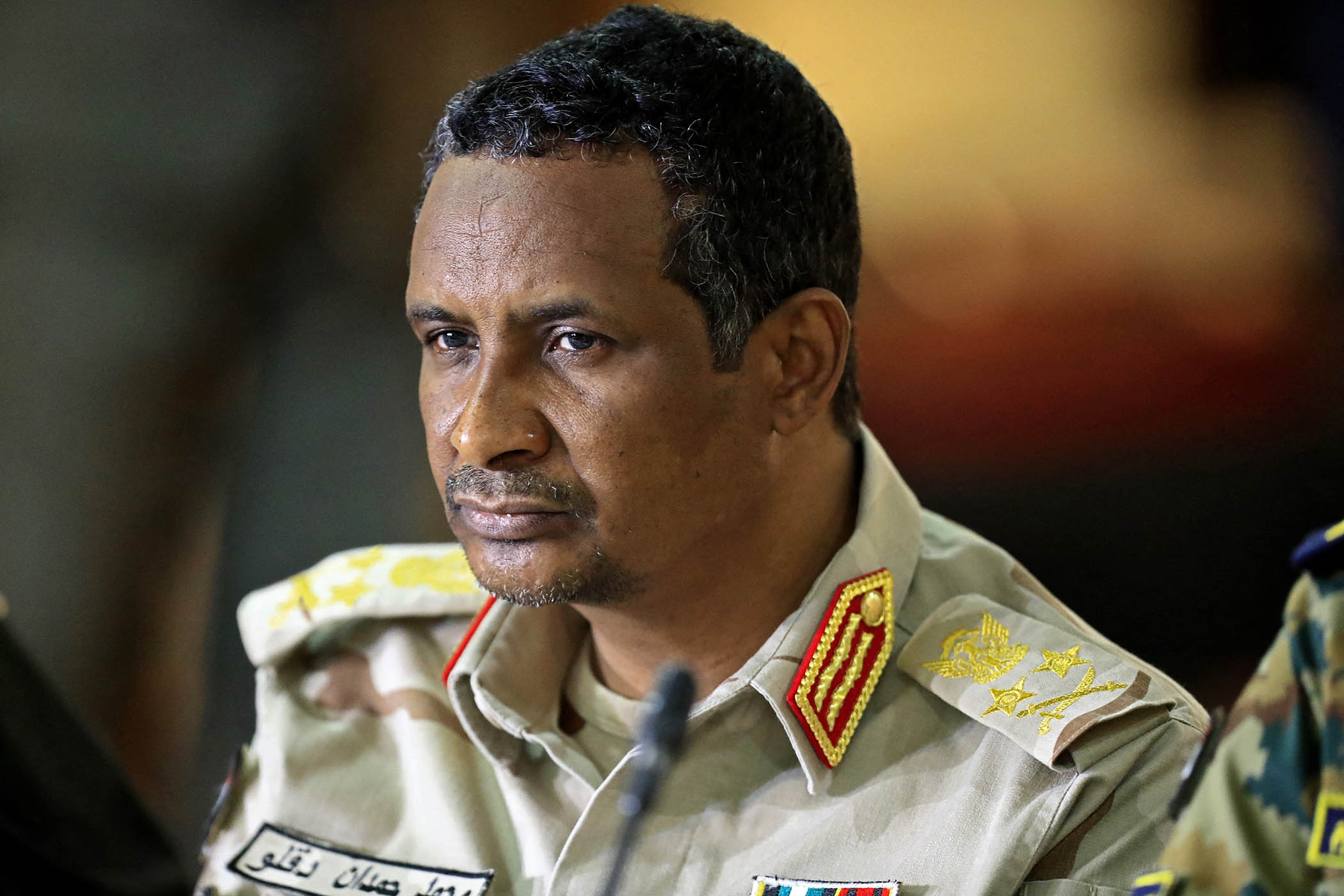
General Mohamed Hamdan Daglo (Hemedti), commander of the Rapid Support Forces
The UAE’s support for the RSF is the darker side of a development drive that has made the wealthy Gulf Arab country a key economic and security partner for many African countries and the fourth biggest investor on the continent after the US, China and the EU. Emirati companies invested more than $110bn in new projects across Africa between 2019 and 2023, including ports, logistics hubs, supply chain infrastructure, renewable energy, and technology, as well as security cooperation. Along the eastern coast of Africa, the biggest private port operator is the Dubai-based, state-owned DP World.
The overthrow of Sudan’s President Omar al-Bashir in 2019 presented the UAE and other countries with an opportunity to deepen their influence in a country with huge resources of gold and agricultural land, and a strategic location on the Red Sea.
Newsletters
Choose the newsletters you want to receive
View more
For information about how The Observer protects your data, read our Privacy Policy
After 30 years in power, Bashir was toppled in a coup by the army and the RSF, a powerful paramilitary group that evolved from the Janjaweed militia and served as a type of praetorian guard. The head of the Sudanese armed forces, General Abdel Fattah al-Burhan, took power with RSF leader Muhammad Hamdan Dagalo, known as Hemedti, as his deputy in a transitional government with other military and civilian leaders.
As they wrangled over a transition to democratic rule, the UAE signed a $6bn deal to build and operate a port on the country’s Red Sea coast in 2022. But tensions between the two generals were mounting, and in 2023 clashes broke out between the Sudanese armed forces and the RSF in the capital, Khartoum.
The UAE backed the RSF. The decision was driven partly by the UAE’s antipathy towards political Islam, which is aligned with its regional rivals Qatar and Turkey.
“They felt that the army was coming under the control of the Islamists,” said Volker Perthes, who was the UN’s special representative to Sudan at the time and held mediation talks between the two generals.
But it was also down to the UAE’s personal relationship with Hemedti. The UAE had previously worked with the RSF as part of a Saudi-led coalition that fought the Houthis in Yemen in 2015. “The Emiratis often feel more comfortable with individual strongmen that they pick,” said Perthes.
There was also a financial interest – for both sides. By seizing control of gold mines, Hemedti had become one of Sudan’s wealthiest men, and the UAE provided a market. The US Treasury earlier this year sanctioned seven UAE-based companies and an individual for enabling the RSF to acquire military equipment and generate finances. One of the firms had bought gold from Sudan and transported it to Dubai “presumably for the benefit of the RSF”, the Treasury said.
The Sudanese armed forces remained in control of the east of the country, including the Red Sea coast, and cancelled the port deal in 2024 over the UAE’s support for the RSF. Earlier this year, the RSF was driven out of Khartoum.
‘They have kept the RSF in the fight. The war would have been over if not for this Herculean effort’
‘They have kept the RSF in the fight. The war would have been over if not for this Herculean effort’
Cameron Hudson, adviser
After the setback, the RSF concentrated its efforts on El Fasher, a city of 250,000 in the western Darfur. As the siege wore on, more sophisticated weaponry including drones began to appear in the hands of the RSF. “Only a few very rich countries can afford the kind of weapons that they use: strategic drones, hi-tech jamming systems, heavy artillery,” said Elamin, the Sudanese ambassador.
In photographs and footage of the aftermath of RSF attacks, Amnesty International identified Chinese GB50A guided bombs and 155mm AH-4 howitzers. “The weapons were almost certainly re-exported to Sudan by the UAE,” it said. After a crate of Bulgarian ammunition was found in Darfur last year, authorities said it had been exported to the UAE.
Foreign Office minister Stephen Doughty recently acknowledged that “a small number of UK-made items” had also been found in Sudan, but said there was no evidence of weapons or ammunition ending up there.
With the airfield in Chad under growing scrutiny, other supply routes emerged. In neighbouring Libya, flight-tracking experts observed cargo planes inbound from the UAE landing at al-Kufra airport in the east of the country, which is under the control of Khalifa Haftar, a warlord backed by the UAE.
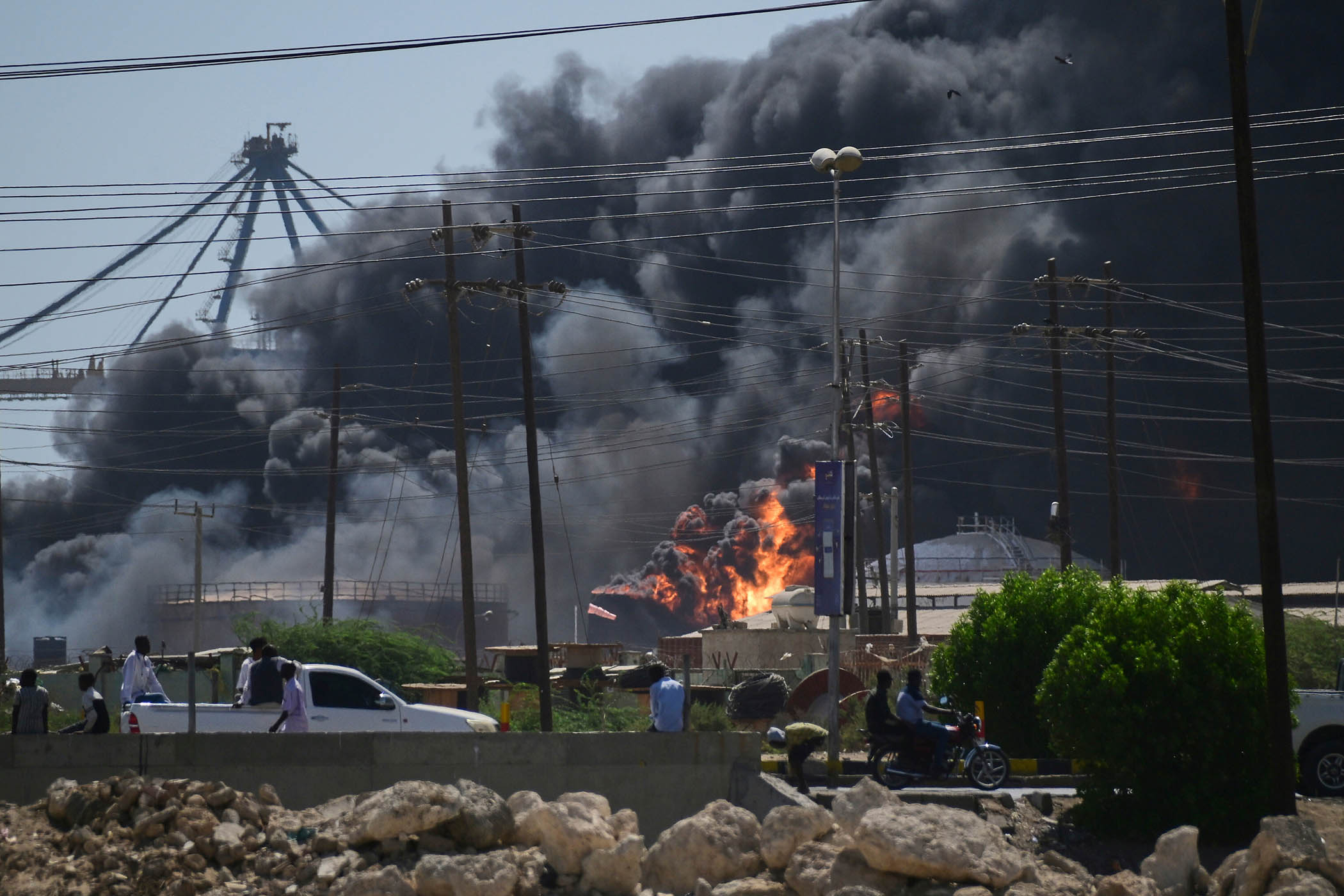
Drone strikes by the Rapid Support Forces in the northern city of Port Sudan
Along the coast, in the breakaway region of Somaliland, the UAE has invested heavily in Berbera port, which hosts a UAE military base. Berbera airport was renovated by a Dubai-based company.
“You see the amount of traffic passing through that airport and it’s all cargo. But Somaliland is a tiny economy and is not yet serving as a transport hub for the region at this point, though that’s the aspiration. What’s going through there?” asked Connor Vasey, director at advisory firm JS Held. “The UAE redeveloped the airport in 2017, partly on security grounds. One has to believe it still serves a strategic purpose.”
Further east, DP World is also expanding and upgrading the port of Bosaso in Somalia’s autonomous Puntland region. The UAE has provided funds and training for Puntland forces to combat piracy off the coast and, more recently, Islamist militants in the mountains. A UAE-based company operates Bosaso airport, which has expanded to take in more traffic.
Somalia’s defence minister, Ahmed Moallim Fiqi, last week said planes had flown from Bosaso to Chad, Niger and western Sudan, delivering “undisclosed logistics”. “We have also received reports alleging that Colombian mercenaries were flown from Bosaso, though we have not been able to confirm this,” he told Somali MPs. Puntland authorities denied it.
“They’ve picked a horse and they continue to back that horse. In terms of endgame, the ideal scenario for them would be that they’ve got someone that they like who’s in charge of Sudan,” said Vasey.
After the loss of Khartoum, that looks unlikely, analysts say. The UAE’s rivals, who back the Sudanese armed forces, won’t allow the RSF to win. “It’s not just the army: it’s the Egyptians, the Turks, the Saudis,” said Hudson. “Certainly, a red line is an RSF victory with a paramilitary rebel militia controlling Red Sea access for a country of 50 million people.”
Photograph by Mohammed Bakry, Ashraf Shazly /AFP via Getty Images, AP Photo
